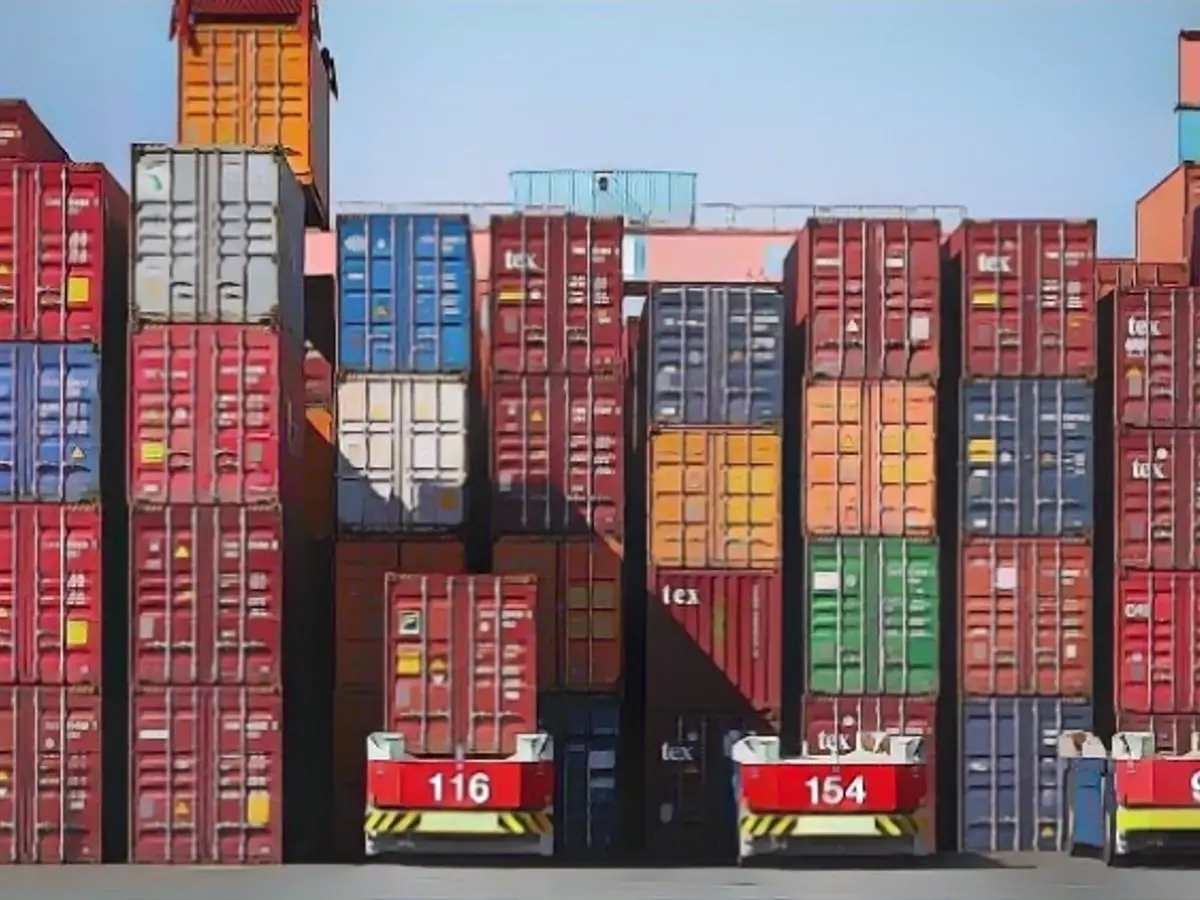EU adopts supply chain law
Exploitation and forced labor determine the lives of millions of people worldwide. At the same time, large companies make money from it. They will have a much harder time in the EU in future.
Negotiators from the European Parliament and the EU member states have agreed on a supply chain law. This is intended to hold large companies accountable if they profit from child or forced labor outside the EU, for example, according to communications from the European Parliament and EU member states. Larger companies must also draw up a plan to ensure that their business model and strategy are compatible with the Paris Agreement on climate change, according to the EU member states.
It is also envisaged that companies can be held accountable in European courts if human rights violations occur in their supply chains. The agreement still has to be confirmed by Parliament and the EU member states, but this is usually a formality.
The Chair of the Internal Market Committee in the EU Parliament, Anna Cavazzini, spoke of a good day for human rights, but she would have liked to see even stricter rules for climate and environmental protection. The Green politician also emphasized that the EU supply chain law goes beyond the German law and that more companies would be covered by the rules. A supply chain law has been in force in Germany since the beginning of the year.
European law professor and SPD MEP René Repasi pointed out that the law would make German companies liable for breaches of due diligence, which had previously been excluded under the German Supply Chain Act. This means that companies could be held liable under civil law and, for example, claims for damages could be asserted.
Union politicians, like business representatives, had been rather critical of the law in the past. They feared, for example, that it would create too much bureaucracy for companies and thus put them at a competitive disadvantage compared to companies from third countries that are not affected by the rules.
Read also:
- Why there is still no EU funding for green Saar steel
- 3 billion Saar Fund is unconstitutional
- Politicians at a loss after shock news
- Court of Auditors criticizes the state government's debt plan
- With the adoption of the supply chain law, large EU companies will now be required to ensure that their business strategies align with climate protection goals as outlined in the Paris Agreement, protecting both the environment and human rights in their supply chains.
- This new European legislation aims to hold companies accountable if human rights violations, such as child or forced labor, occur within their global supply chains, potentially leading to legal consequences in European courts.
- The EU's decision to implement a supply chain law goes beyond the current German law, encompassing more companies and providing stricter regulations, ensuring that European and non-European companies operating in the region comply with both human rights and climate protection standards.
Source: www.ntv.de








